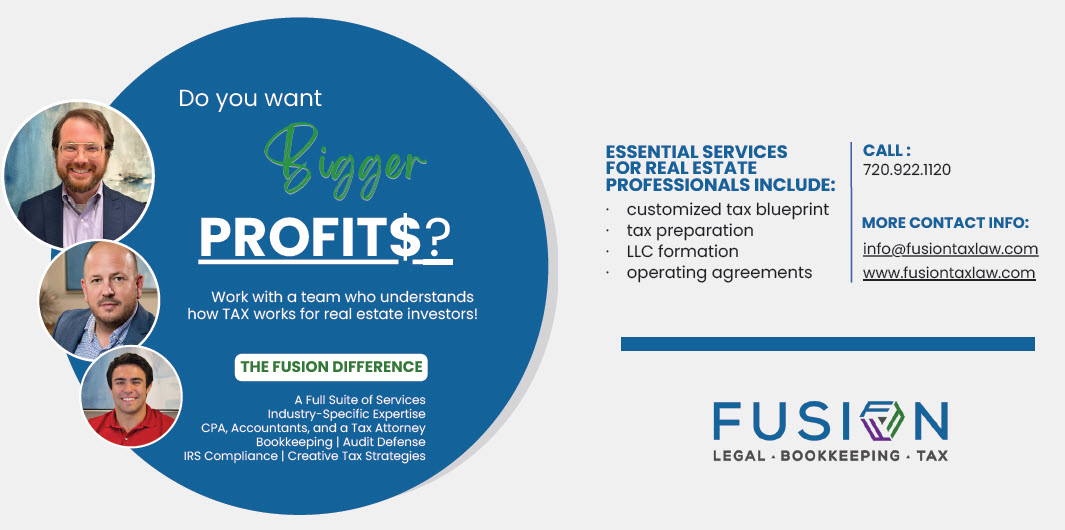Tax Credits: Should I Buy an Electric Vehicle for My RE Business?
You’ve seen them on the road, and maybe you’ve thought that it’s time to jump on the bandwagon and get an electric vehicle. The IRS recently issued new guidance on electric vehicles, so the landscape has changed a bit for credits and benefits in 2023.
There are four ways you can potentially benefit from a federal tax credit for an EV you place in service in 2023 or later:
- Purchase a new EV and claim the clean vehicle credit.
- Lease a new EV and benefit from the lessor’s EV discount.
- Purchase a used EV that qualifies for the used EV tax credit.
- Purchase an EV for business use and claim the new commercial clean vehicle tax credit.
The new clean vehicle credit is available through 2032, with a maximum credit of $7,500.
That’s an overview… but let’s take a closer look at each of these options:
Purchase a New EV and Claim the Clean Vehicle Credit
To qualify for the clean vehicle credit, you must meet specific criteria, including income limits, vehicle price caps, and domestic assembly requirements. For instance, your modified adjusted gross income for joint-return filers must be below $300,000. Also, component parts may be manufactured anywhere, but the final assembly of the vehicle must take place within North America.
The credit amount for vehicles delivered on or after April 18, 2023 depends on the vehicle meeting critical minerals sourcing and/or battery components sourcing requirements. However, the full amount of the credit (assuming no phaseouts, etc.) is $7,500.
This approach is real estate activity agnostic – anyone can qualify for these credits.
Backdoor Approach: Leasing an EV
If you can’t find an EV that qualifies for the credit or your income is too high, you can lease an EV from a leasing company that can claim up to a $7,500 commercial clean vehicle tax credit. The leasing company may then pass on all or part of the credit to you through reduced leasing costs.
The commercial clean vehicle credit is not subject to most of the restrictions applicable to the clean vehicle credit – there are no income or price restrictions, for example, and the EV need not comply with some of the materials sourcing restrictions.
This approach is also real estate activity agnostic – anyone can qualify for these credits, even with passive real estate investments.
Purchasing a Used EV
For used EV purchases, you can earn a credit of up to $4,000. Not bad, but this credit is limited in numerous ways and so it will be harder to qualify.
First:
- You must buy the vehicle from a dealer,
- The sales price must be under $25,000, and
- The vehicle must be at least two years old.
Second, the income caps are much lower for these types of purchases. The income cap for a married filing joint taxpayer is $150,000 (compared to $300,000 for a new vehicle).
If you can find a vehicle that meets these requirements and the income limits are not a barrier, then this credit is a great option. Otherwise, you’re likely better off shopping for a new vehicle instead.
This approach once again is real estate activity agnostic – anyone can qualify for these credits.
Purchasing an EV for Business Use
So far, all of the options explored are independent of business use – the options are just taking advantage of the various credits that are available for EVs.
However, if you purchase an EV for business use, you can qualify for the commercial clean vehicle tax credit which is not subject to critical minerals or battery components rules. For EVs with a gross vehicle weight of less than 14,000 pounds, the credit is equal to the lesser of:
- 15% of the vehicle’s basis (30% if the vehicle is fully electric – i.e., is not partially powered by gasoline or diesel), or
- The incremental cost of the vehicle (that is, the cost increase of the vehicle because it is electric vs. a normally powered similar car).
The maximum credit is $7,500. However, the catch is that this must be used in a trade or business. Real estate professionals, brokers, fix and flippers – I’m looking at you.
Claiming the Credit
Of course, you should consult with a tax professional to determine whether you can qualify and how to correctly report the purchase to harness the credit. However, in general the seller will provide a seller’s report to you after the purchase. This information will be critical when filing the Form 8936 to claim the credit.


